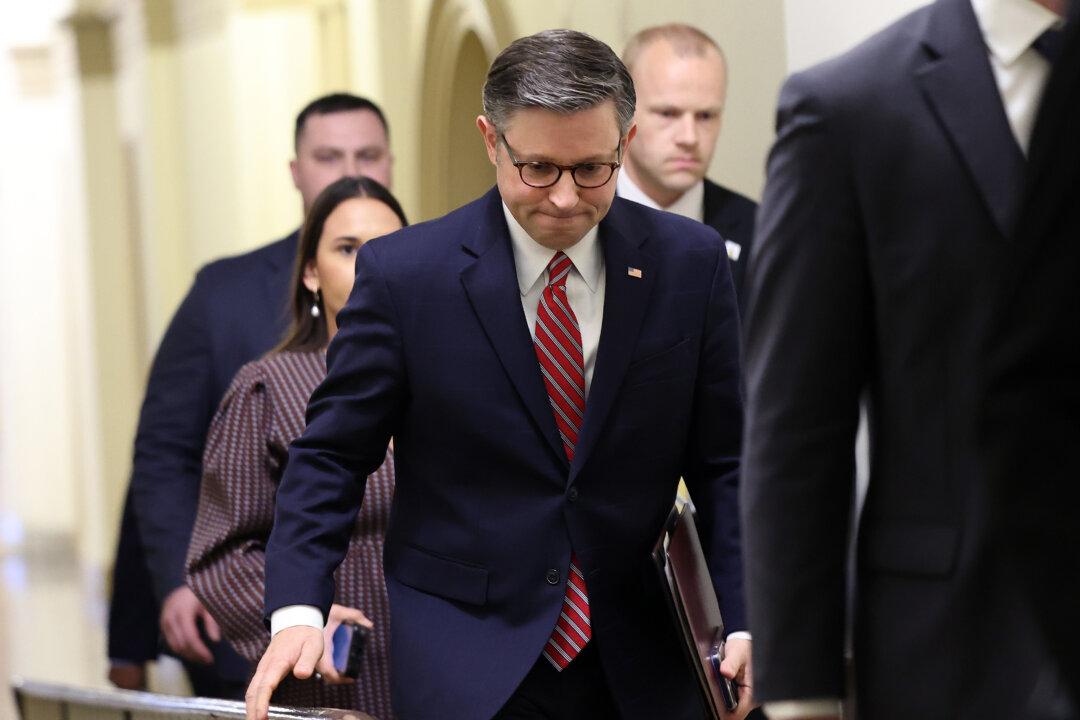An estimated $236 billion in improper or incorrect payments was made under the Biden administration last year, with Medicare and Medicaid accounting for $100 billion of that total, according to the U.S. Government Accountability Office (GAO).
“For fiscal year 2023, 14 agencies reported a total estimated $236 billion in improper payments across 71 programs,” said a March 26 GAO report. Improper payments refer to payments “that should not have been made or were made in the incorrect amount.” The $236 billion calculation does not include certain government programs that agencies determined were “susceptible to significant improper payments.”





